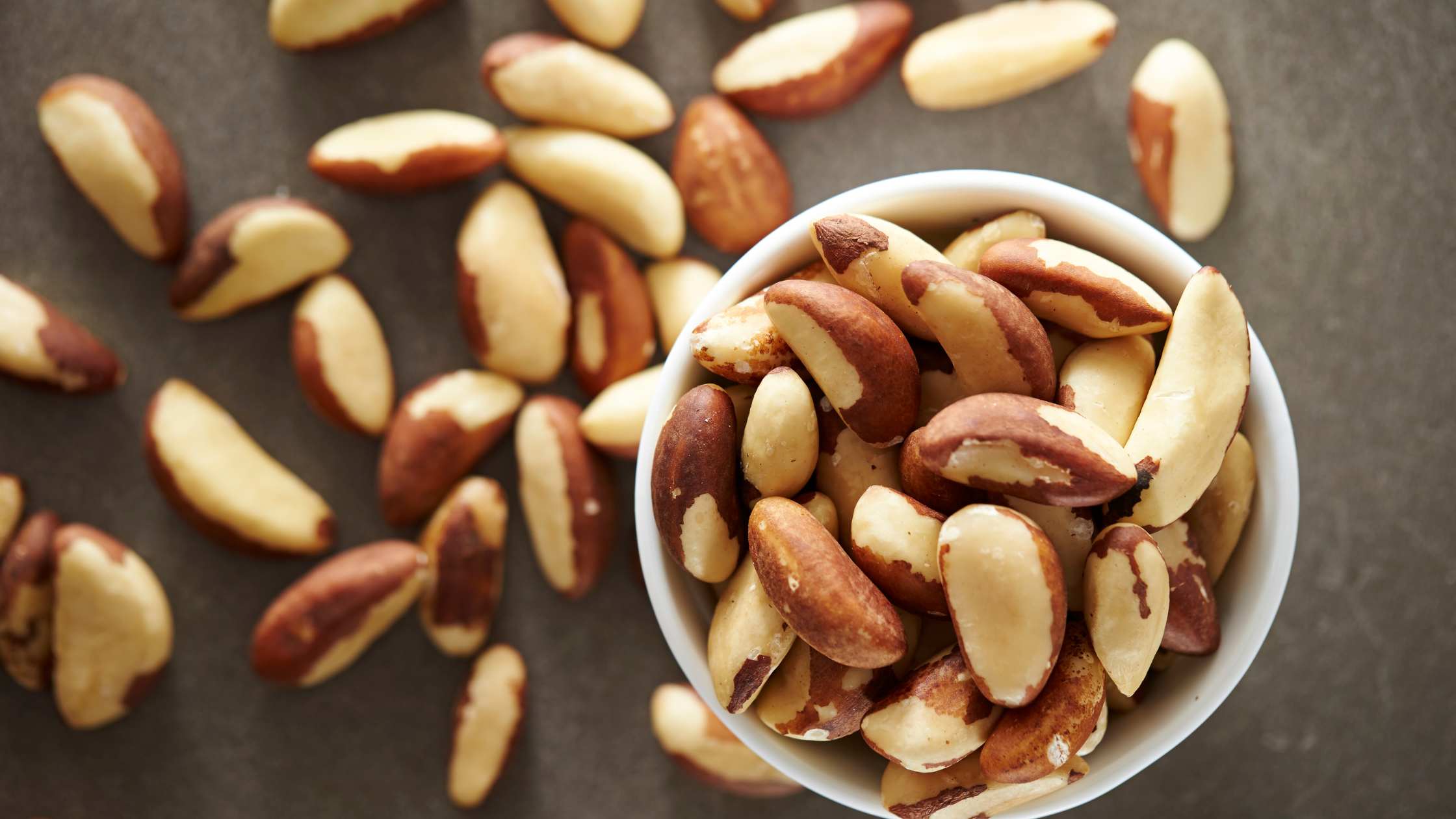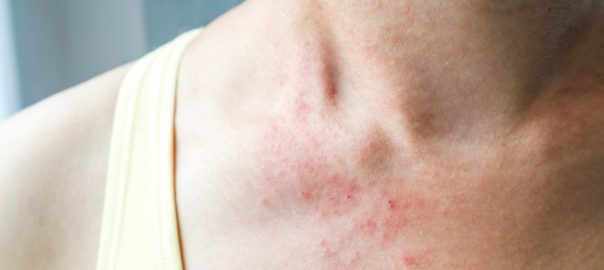Are you dealing with the winter itchies?
For those who deal with daily dry skin conditions it can be annoying to always be itching and flaking. But sometimes dry skin isn't always due to dermatitis, psoriasis or eczema. It is possible that your dry skin is be related to the season. And winter is the worst. That’s because the lower humidity in winter tends to increase skin dryness.
Of course it may also be because you're not getting enough hydration [Link to hydration blog post]. Another cause could be your diet: you may not be eating enough of the foods that can support you nutritionally and help to alleviate these symptoms. Eating a balanced diet is not only important for your insides, but also good for your outside too.
Your skin is the largest organ of your body, protecting your insides from bacteria, dirt, and other foreign substances. If your skin is dry and itchy, it may not be able to do its job as well. Providing the right nutrients to keep your skin healthy, strong, and less itchy is worth investing in. There are several nutrients that can help keep your skin healthy and strong.
Nutrients for skin health
Vitamin A
Also known as beta-carotene, a vitamin that is responsible for growth and repair of body tissues. Excellent sources include sweet potato, winter squash, carrots, leafy greens such as spinach and kale, red tomatoes, and red bell peppers.
Vitamin C
An antioxidant that helps the body produce collagen while protecting against free radical damage. It is not just available in citrus fruits; you can find it also in red bell peppers, broccoli, Brussels sprouts, kale, kiwifruit, spinach, asparagus and collard greens.
Vitamin E
Another antioxidant; this one helps protect cell membranes and can help against UV damage. Recent studies have shown that the best way to take vitamin E is through the diet in foods such as sunflower seeds, mustard greens, swiss chard, and spinach. Consuming vitamin C along with the vitamin E will make it even more effective. Avocados are great for providing both vitamin C and E along with some healthy fat.
Selenium
An antioxidant mineral which is also important for thyroid and immune system health. You find it in Brazil nuts, tuna, salmon, halibut, wheat germ, brown rice, mushrooms, and eggs.
Zinc
Works with vitamin C on cell metabolism and collagen production as well as helping to promote blood sugar balance. Rich sources of this essential mineral include oysters, beef liver, cremini mushrooms, spinach, collard greens, miso, and pumpkin seeds.
Essential fats
Such as omega-3 fatty acids, help keep skin thick, supple, and moisturized. A deficiency of this fatty acid can cause dry skin. Animal sources include salmon, mackerel, and herring (just make sure it is wild-caught [link: Vital Proteins] and not farm raised). Plant sources include walnuts, flax seeds, hemps seeds, and chia seeds.
Green Tea
Green tea rovides an added bonus. It can be a great aid to staying well hydrated by helping to improve moisture, roughness, thickness, and elasticity of the skin. It is very high in polyphenols which research has shown to be anti-inflammatory and to have anti-carcinogenic qualities against skin cancer.
So now you know, your nutrition is extremely important to maintain healthy, glowing, itch-free skin.
[expand title="Sources"]
- Boelsma, Esther et al. "Nutritional Skin Care: Health Effects Of Micronutrients And Fatty Acids". The American Journal Of Clinical Nutrition, vol 73, no. 5, 2001, pp. 853-864. Oxford University Press (OUP), doi:10.1093/ajcn/73.5.853. Accessed 11 Feb 2022.Evans, Julie A., and Elizabeth J. Johnson. "The Role Of Phytonutrients In Skin Health". Nutrients, vol 2, no. 8, 2010, pp. 903-928. MDPI AG, doi:10.3390/nu2080903. Accessed 11 Feb 2022.
- Dattola, Annunziata et al. "Role Of Vitamins In Skin Health: A Systematic Review". Current Nutrition Reports, vol 9, no. 3, 2020, pp. 226-235. Springer Science And Business Media LLC, doi:10.1007/s13668-020-00322-4. Accessed 11 Feb 2022.
- Evans JA, Johnson EJ. The role of phytonutrients in skin health. Nutrients. 2010;2(8):903-928. doi:10.3390/nu2080903
- Michalak, Monika et al. "Bioactive Compounds For Skin Health: A Review". Nutrients, vol 13, no. 1, 2021, p. 203. MDPI AG, doi:10.3390/nu13010203. Accessed 11 Feb 2022.
- Pilkingon, Suzanne Margaret and Rhodes, Lesly Elizabeth. (2011) Nutrition for Healthy Skin. ISBN: 978-3-642-12263-7.
- Pullar, Juliet et al. "The Roles Of Vitamin C In Skin Health". Nutrients, vol 9, no. 8, 2017, p. 866. MDPI AG, doi:10.3390/nu9080866. Accessed 11 Feb 2022.
- Schröder, Jens-M. "Seeing Is Believing: Vitamin A Promotes Skin Health Through A Host-Derived Antibiotic". Cell Host & Microbe, vol 25, no. 6, 2019, pp. 769-770. Elsevier BV, doi:10.1016/j.chom.2019.05.011. Accessed 11 Feb 2022.
- Vollmer, David et al. "Enhancing Skin Health: By Oral Administration Of Natural Compounds And Minerals With Implications To The Dermal Microbiome". International Journal Of Molecular Sciences, vol 19, no. 10, 2018, p. 3059. MDPI AG, doi:10.3390/ijms19103059. Accessed 11 Feb 2022.
[/expand]





